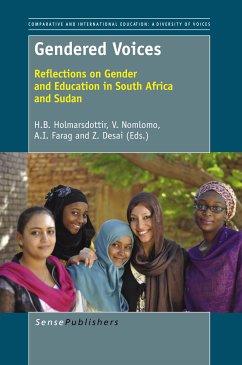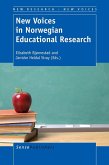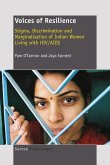Internationally, there is growing awareness that the target of Education for All by 2015 will not be met unless more strident efforts are made to improve access for marginalized, hard-to-reach children (most often girls). For almost four decades gender equality in education has been one of the key global concerns and as a result various organizations at national and international levels along with governments have initiated programs focusing on achieving gender equality, women's empowerment and improving girls' access to education. By focusing on access alone (i.e. gender parity) we may not understand how education can be used to achieve empowerment and influence cultural practices that are gender insensitive. In this volume we attempt to call into question the content of gender equality as simple parity and in doing so we reflect upon the following questions: . Do the global (macro) discourses on gender equality in education lead to a focus on numbers only or to more profound sustainable changes at the national (meso) level and the school (micro) level? . To what extent have national policies been adjusted to reflect the global discourses on gender equality? . Are schools/classrooms (micro) expected to adjust to these global discourses and if so in what ways has this happened? . What are the challenges of providing access to good quality education for girls in both countries? . Is there a dichotomy between the schools/classrooms on the one hand and the community on the other in terms of gender equality/equity? . To what extent is gender equality/equity imposed upon schools and communities and does it take into account the cultural practices in traditional communities? Key words: Gender equality, education, Global vs. local concerns 3 selling points: . The volume highlights that although research has shown how global educational policies homogenize national educational policies and are therefore playing what can be termed a neo-colonial role in identifying pivotal themes and topics in education across the world such as gender equality, literacy and quality education in local contexts, they are often steeped in a Western logic which is not always culturally relevant or conducive. Making global recommendations for education across cultures and places is thus not always unproblematic. . The volume highlights that a push for girls' schooling must navigate wisely in sensitive terrain where complex contextual aspects must be understood and taken into account. Girls' attendance and retention in school are important first steps in the struggle for epistemic access, but must be followed by serious deliberations about what kind of school and what kind of knowledge in the schools is appropriate, and about equality and equity. . The volume attempts to understand how the global gender goals in education affect both local policies and local practice and in doing so it attempts to question the simple focus on access only.
Dieser Download kann aus rechtlichen Gründen nur mit Rechnungsadresse in A, B, BG, CY, CZ, D, DK, EW, E, FIN, F, GR, HR, H, IRL, I, LT, L, LR, M, NL, PL, P, R, S, SLO, SK ausgeliefert werden.









